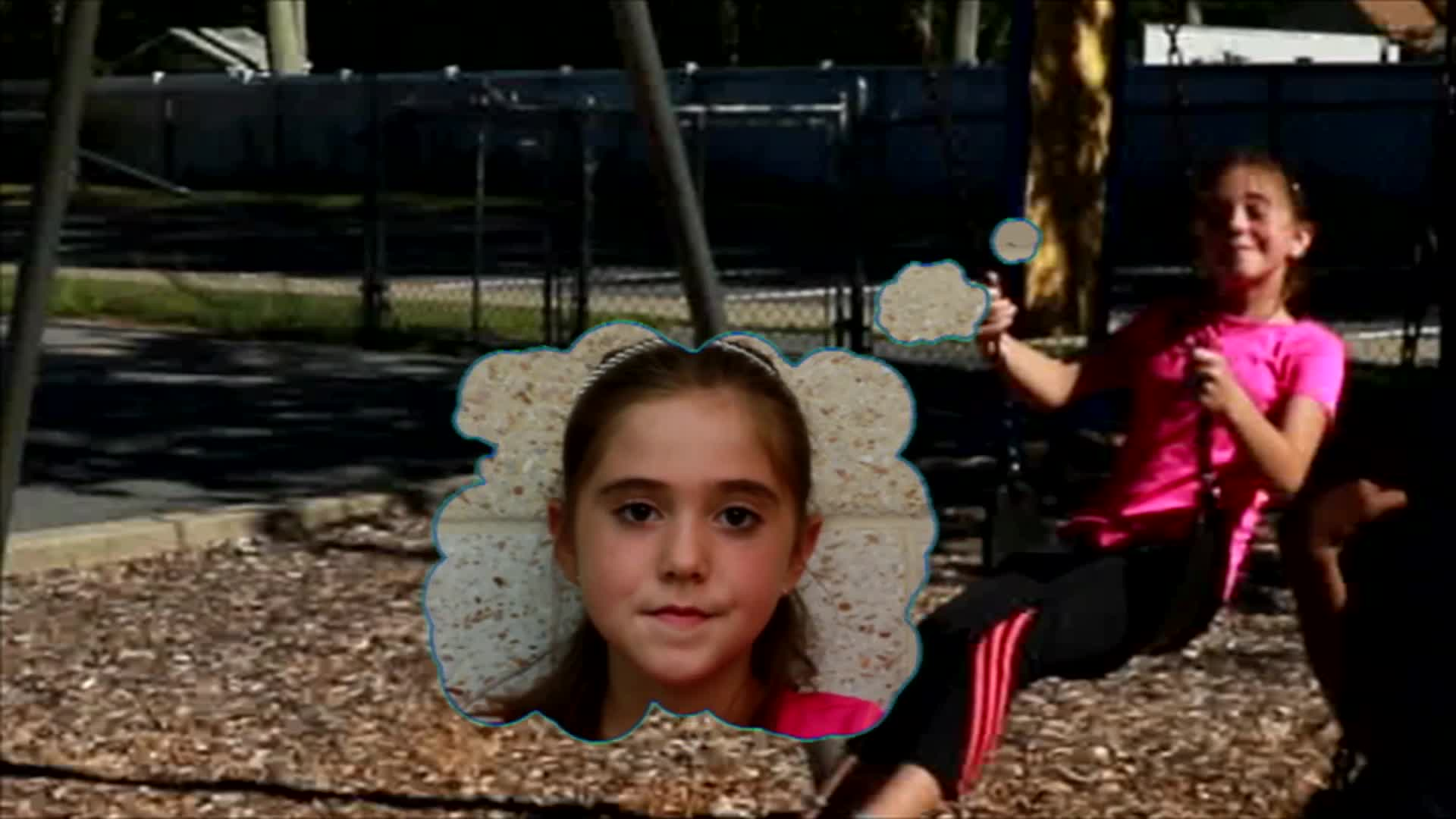Introduction
As an educator, you play a crucial role in shaping the social-emotional development of your PreK students. Teaching fairness in friendship is an essential skill that helps students understand how to treat others equally and with respect. By incorporating activities and discussions that promote fairness, you can foster a sense of empathy and kindness in your students, setting the foundation for strong friendships and positive social interactions.
No-Prep Activity: Fairness Role-Play
In this activity, students will have the opportunity to practice fairness in friendship through a simple role-play exercise. This activity requires no preparation or materials from the educator.
- Divide the students into pairs.
- Explain the situation: One student is playing on the swing, and the other student has been waiting for their turn.
- Ask the students to role-play the scenario, first demonstrating an unfair situation (e.g., the student on the swing refuses to give the other student their turn).
- Next, ask the students to role-play the same scenario but demonstrate fairness (e.g., the student on the swing recognizes the other student has been waiting and offers them their turn).
- After each pair has completed their role-play, bring the class together for a brief discussion on what they observed and how they felt during both scenarios.
Discussion Questions
Use these questions to stimulate further discussions about fairness in friendship:
- How did it feel when someone treated you unfairly in the role-play? How did it feel when they treated you fairly?
- Why is it important to treat our friends fairly?
- Can you think of other situations where it’s important to be fair to our friends? How can we make sure we’re being fair in those situations?
- What can we do if we see someone being treated unfairly? How can we help?
- How can we practice fairness in our everyday lives, both inside and outside the classroom?
Related Skills
Beyond fairness in friendship, there are several other related skills that contribute to students’ overall social-emotional development. Some of these include:
- Empathy: Understanding and sharing the feelings of others, which helps students recognize when someone is being treated unfairly.
- Active Listening: Paying full attention to what others are saying, which can help students identify unfair situations and respond appropriately.
- Conflict Resolution: Learning how to peacefully resolve disagreements and find fair solutions to problems that arise in friendships.
- Respect: Treating others with kindness and consideration, which goes hand-in-hand with being fair in friendships.
Next Steps
Now that you have an understanding of the importance of teaching fairness in friendship and some activities to incorporate into your classroom, it’s time to explore additional resources and materials to support your students’ social-emotional learning journey. To access free samples of skill-building activities and lessons, sign up at Everyday Speech. With these resources, you can continue to foster a positive and supportive learning environment that promotes fairness, empathy, and respect among your students.






